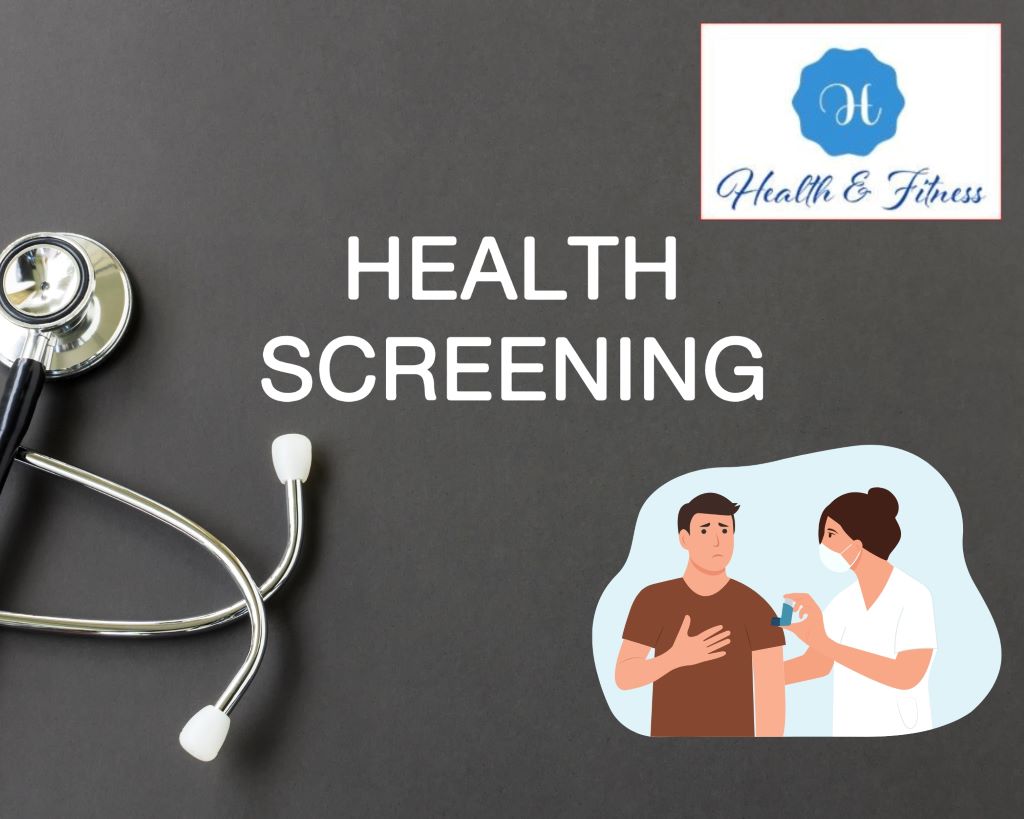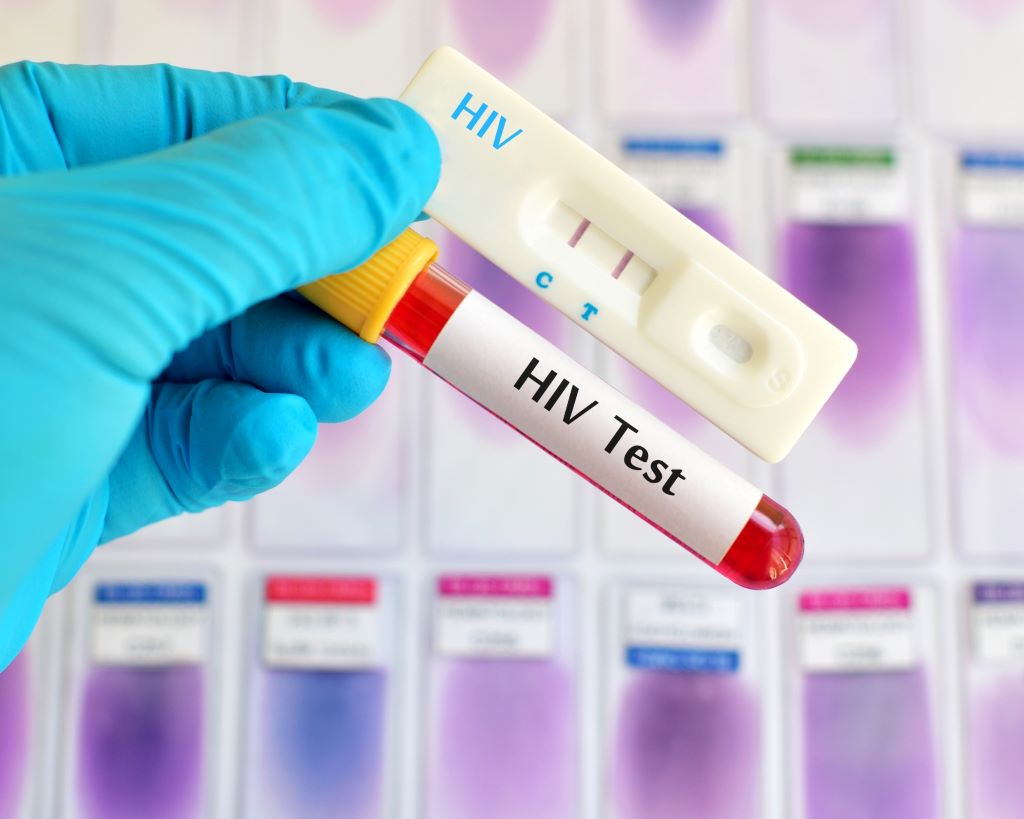10 health screenings for men and checkups: Your Ultimate Guide
10 Vital Checkups That Are Necessary for Men’s Health
Stay on top of your health with these essential health screenings for men and checkups. From prostate exams to cholesterol tests, prioritize preventive care to detect potential issues early. Learn about the recommended screenings and take control of your well-being.
We must identify the signs of some health disorders at an early stage when they are easier to treat to assist men in maintaining their health.
Because of this, no man should put off going to all the health screenings for men prescribed by their physician promptly. This is the to-do list that no man should disregard.
Top 10 health screenings for men and checkups
The following is information about 10 crucial male health exams, including the best time for each.
1- Abdominal Aortic Aneurysm

Abdominal aortic aneurysm screening is recommended for tobacco-smoking men 65–75. C.T., ultrasonography, and M.R.I. may determine an aortic aneurysm’s existence, size, and extent. An aortic bulge rupture may cause fatal internal hemorrhage.
Dr. Marc Peter Bonaca, M.D., M.P.H., elaborates on the need to identify and treat Acute Aortic Syndrome.
2-Health Screenings for Diabetes
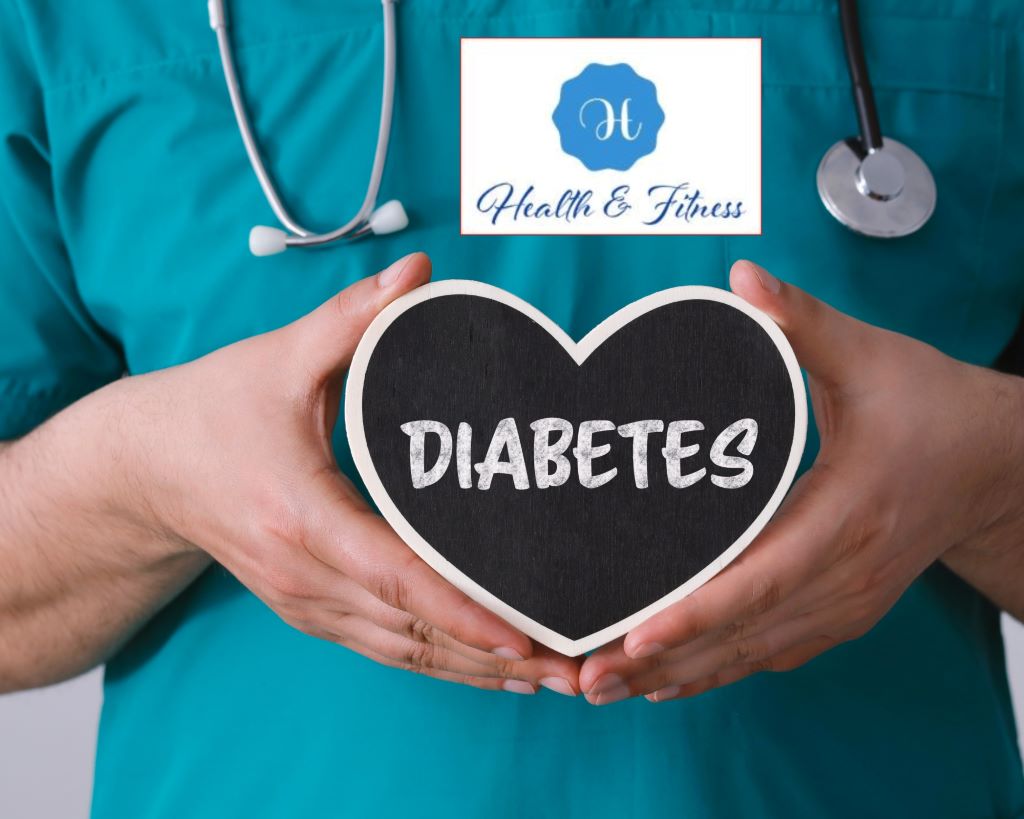
Men told they have high blood pressure or take medicine to control their blood pressure should be checked for diabetes (high blood sugar). Anyone who is constantly thirsty has to go to the bathroom a lot, loses weight unexpectedly, feels more hungry, or has tingling in their hands or feet should also talk to their primary care doctor about getting tested.
For screening for diabetes, the blood test that looks at your average blood sugar over the past three months is the one that is recommended.
3-Health Screenings for Cholesterol in the Blood
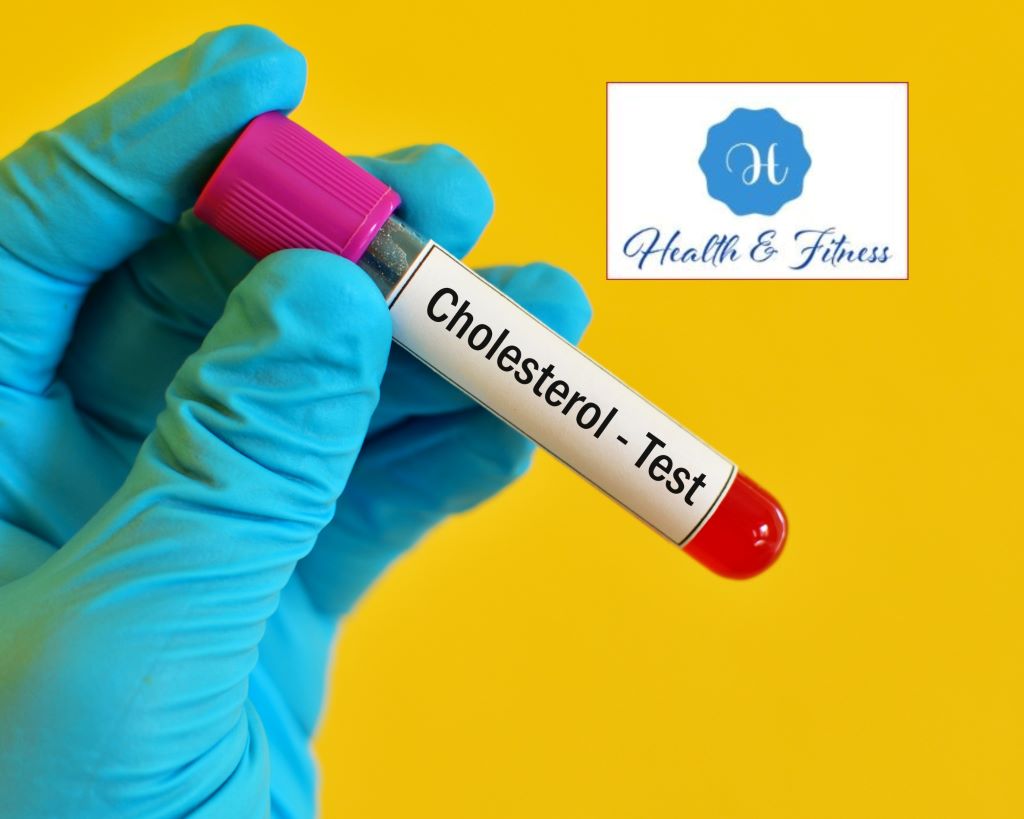
Men over 35 should have the cholesterol levels in their blood checked regularly. Men who smoke, have high blood pressure, diabetes, or have a family history of heart disease should get their cholesterol checked much earlier, at age 20.
This includes having a relative who had a heart attack before they turned 50, being overweight, having a family history of heart disease, or having a relative who had a heart attack before they turned 50.
There are a few ways to measure cholesterol, and they all matter when figuring out how someone will get coronary heart disease.
4-The Level of Blood Pressure
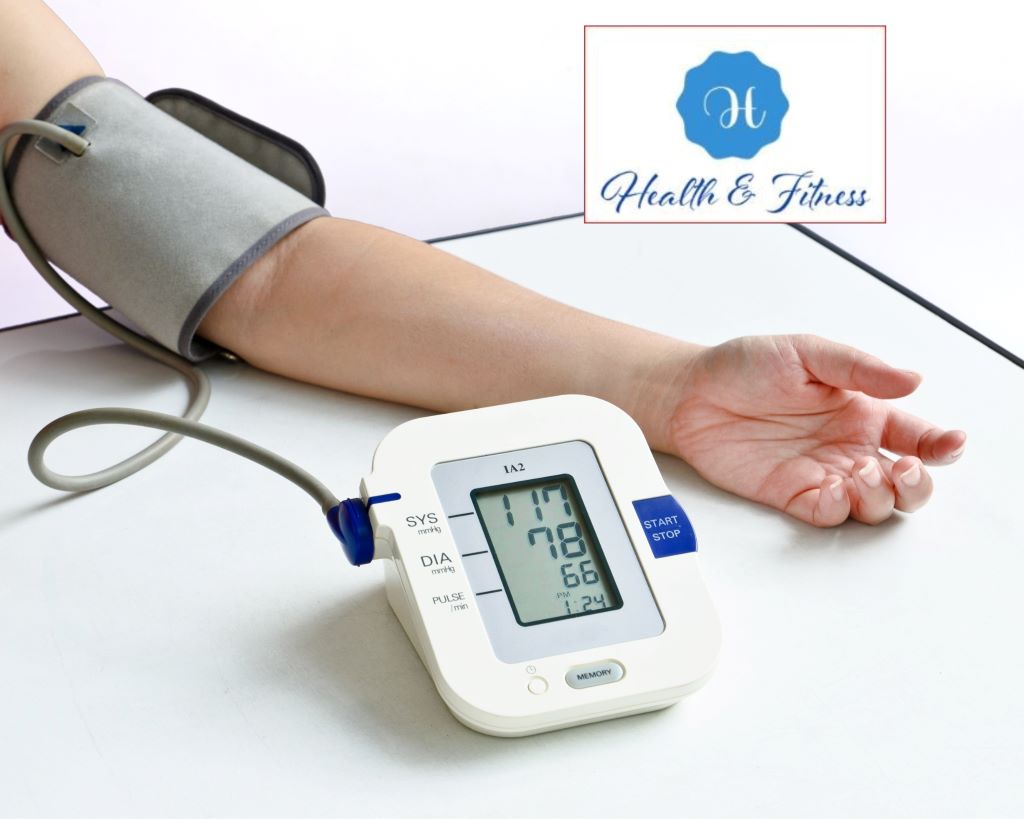
Every man should get their blood pressure checked regularly, and individuals with additional cardiovascular risk factors should check their blood pressure more frequently.
We can carry this procedure out at your physician’s office.
High blood pressure is the most critical risk factor for heart disease. It is also a significant risk factor for several other serious health problems.
5-Cancer of the Colon
By the time they reach the age of 50, all men should have a screening for colorectal cancer (also known as colon or rectal cancer). People with a history of colorectal cancer in their family should schedule their colonoscopy even earlier.
Although a few different tests can assist in the detection of colon cancer, they still consider colonoscopy the gold standard.
We discussed guidelines for colon cancer screening, as well as what to expect during a colonoscopy, by Jessica Allegretti, MD, M.P.H., a gastroenterologist at Brigham and Women’s Hospital and a member of the Division of Gastroenterology, Hepatology, and Endoscopy.
6-Health Screenings for Depression

Taking care of your mental health shouldn’t be put off.
I thought six million men have depression yearly, but many don’t get the correct diagnosis or treatment.
If you have had any of the following signs for over two weeks, talk to your primary care doctor about getting tested for depression.
- Changes in how you eat or sleep that are important
- Loss of interest in things that used to be fun.
- Feelings of hopelessness, worthlessness, restlessness, anger, sadness, or anxiety
- Less energy and motivation.
- Feelings of guilt that aren’t right
- Trouble paying attention or thinking
If you often think about ending your life or killing yourself, get help immediately.
7-Health Screenings for Virus C
A man should get a blood test for hepatitis C if he were born between 1945 and 1965 if his mother had the virus, if he needs dialysis for kidney failure, if he got a blood transfusion before 1992, if he got Blood clotting factors before 1987, or if he has ever injected drugs.
If any of the following apply to a man, he should get a blood test for hepatitis C: Infection with the hepatitis C virus is the leading cause of liver cancer in the United States.
8-Health Screenings for H.I.V.
Testing for H.I.V. should be done on all men aged 65 and younger, regardless of the perceived risk. Men over 65 should discuss getting checked with their primary care physician.
9-Prostate Cancer
There are many suggestions from healthcare providers for prostate cancer screening, especially P.S.A. screening. Talk to your primary care doctor about the pros and cons of screening to decide which option is best for you. When a patient takes part in screening, they usually have to go through the following two steps:
- A digital rectal examination, or D.R.E., is when a finger is put into the rectum so the doctor can feel the prostate gland to see if it is enlarged or has any tumors.
- The P.S.A., or prostate-specific antigen, test measures the amount of a specific protein in the Blood. The prostate gland makes this protein. A man with prostate cancer may have more protein in his blood.
10-Health Screenings for Obesity
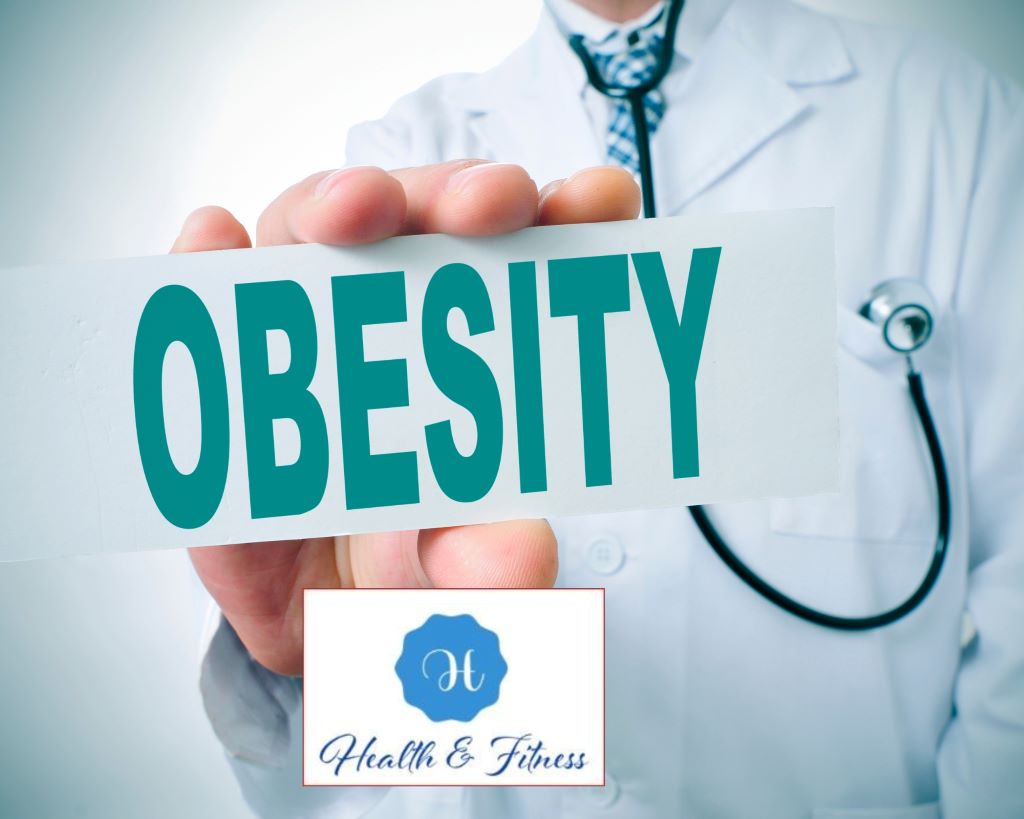
Using a B.M.I. calculator to determine your body mass index (B.M.I.) is usually an excellent way to determine if you are at a healthy weight, but it is not a sure sign.
A healthy body mass index (BMI) is between 18.5 and 24.9. A BMI of 25 or higher means you are overweight, and a BMI of 30 or higher means you are obese.
If your body mass index (B.M.I.) is high, your doctor may take other steps to help figure out if you are overweight. One or more of the following could be part of these extra steps: These include measuring the circumference of the waist, using a calliper to measure the skinfold thickness above the hip and getting an estimate of the percentage of body fat and bioelectric impedance, which involves sending a safe dose of electricity through the body to measure the percentage of body fat.
CONCLUSION
Medical screenings identify illnesses and other health issues before symptoms appear. Screenings can identify potential issues at an earlier stage when it may be simpler and more cost-effective to treat them. One of the essential things you can do for your health is to ensure you get the screenings your doctor recommends.
Reference
Blood Pressure Screening:
- Reference: American Heart Association. (2021). Understanding Blood Pressure Readings.
- Link: www.heart.org
Cholesterol Level Testing:
- Reference: National Heart, Lung, and Blood Institute. (2021). High Blood Cholesterol.
- Link: www.nhlbi.nih.gov
Blood Glucose Testing:
- Reference: American Diabetes Association. (2021). Type 2 Diabetes.
- Link: www.diabetes.org

